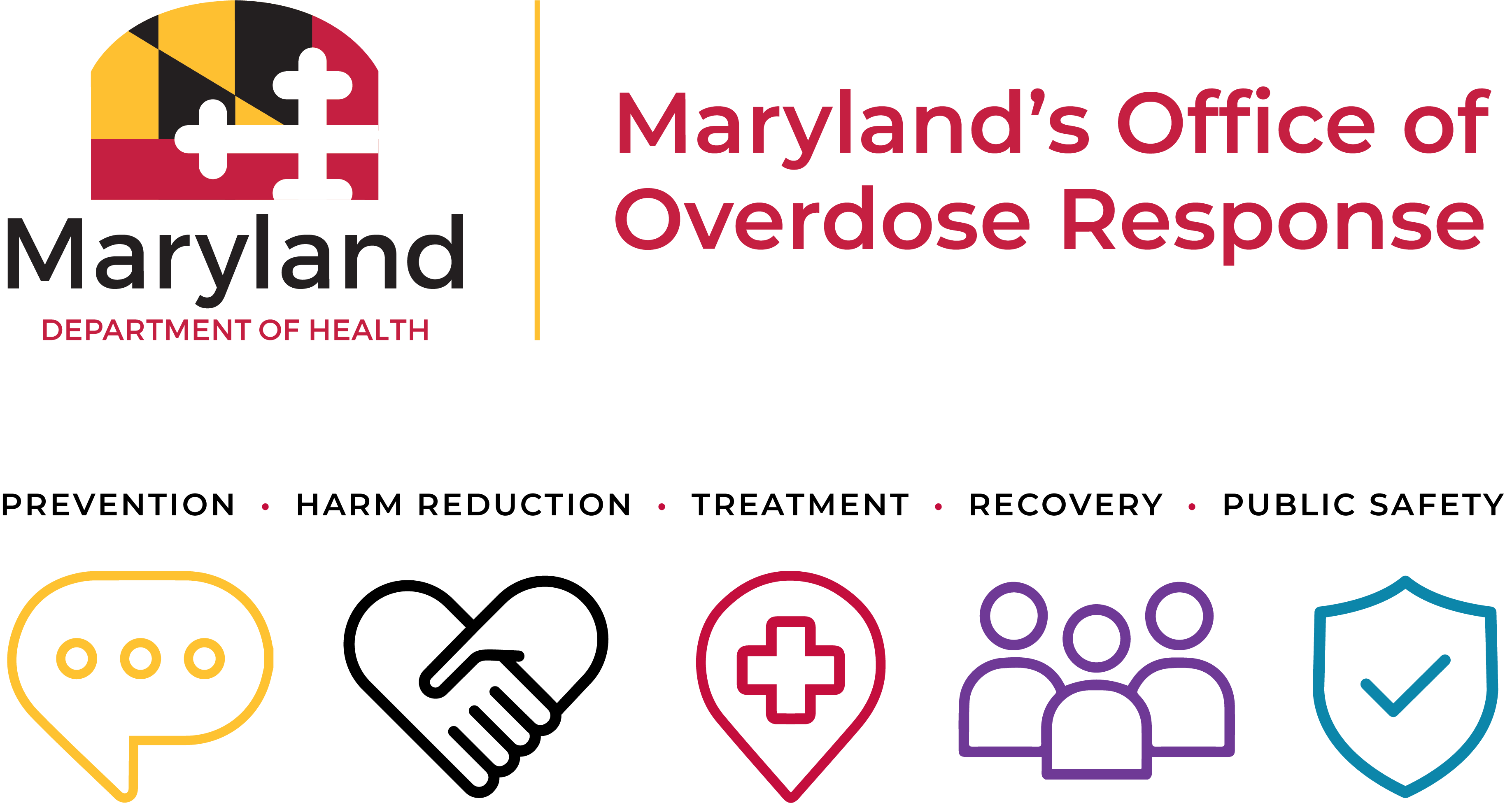New Law Expands Naloxone Access to All Marylanders
Lifesaving Overdose Reversal Drug Now More Easily Available in Maryland Pharmacies
ANNAPOLIS, MD — The Maryland Department of Health and Mental Hygiene recently announced that Dr. Howard Haft, the agency’s Deputy Secretary for Public Health, issued a new statewide standing order that allows pharmacies to dispense naloxone, the non-addictive lifesaving drug that can reverse an opioid overdose, to all Maryland citizens. The order follows legislation passed by the Maryland General Assembly and signed into law by Governor Larry Hogan that included a Hogan administration proposal to enable all citizens to access naloxone. Previously, naloxone was available only to those trained and certified under the Maryland Overdose Response Program.
“As the opioid epidemic has evolved, we have worked steadily to expand access to naloxone,” said Dr. Haft. “Pharmacies play an important role in providing access to naloxone and counseling on how to recognize and respond to an opioid overdose. This order is yet another tool to fight this crisis and to provide immediate assistance to overdose victims.”
The Heroin and Opioid Prevention Effort (HOPE) and Treatment Act, a bipartisan omnibus bill passed during the 2017 legislative session that contains provisions to improve patient education and increase treatment services, included the Hogan administration’s proposed Overdose Prevention Act. This updated standing order resulting from the new law further eliminates barriers to naloxone access for anyone who may be at risk of opioid overdose or in a position to assist someone experiencing an opioid overdose.
“By allowing even more people access to naloxone, we’re helping to save lives,” said Clay Stamp, executive director of the Opioid Operational Command Center. “We must remember though, that ultimately, those suffering from the disease of addiction or substance use disorder must be linked to additional treatment to aid in their recovery.”
Single doses of naloxone, also known by the brand name Narcan, have been demonstrated as effective in reversing a heroin overdose. However, more potent drugs such as fentanyl tend to require multiple doses to reverse an overdose. Emergency services—calling 911 or taking someone to a hospital’s emergency department—should always be sought in an overdose situation.
The Department of Health and Mental Hygiene’s 2016 Drug-and Alcohol-Related Intoxication Deaths in Maryland Report, released earlier this month, revealed that 2,089 individuals died from overdoses last year, a 66 percent increase from 2015’s data. For more information on opioid overdose recognition and response, click here.
In March, Governor Hogan declared a State of Emergency in response to the heroin and opioid crisis ravaging communities in Maryland and across the country. This declaration activated the governor’s emergency management authority and enables increased and more rapid coordination between the state and local jurisdictions. The Opioid Operational Command Center, established by Governor Hogan in January through an Executive Order, facilitates collaboration between state and local public health, human services, education, and public safety entities to combat the heroin and opioid crisis and its effects on Maryland communities.
Before It’s Too Late is the state’s effort to bring awareness to this epidemic—and to mobilize resources for effective prevention, treatment, and recovery. Marylanders grappling with a substance use disorder can find help at BeforeItsTooLateMD.org and 1-800-422-0009, the state crisis hotline.

 1-888-373-7888
1-888-373-7888 233733
233733